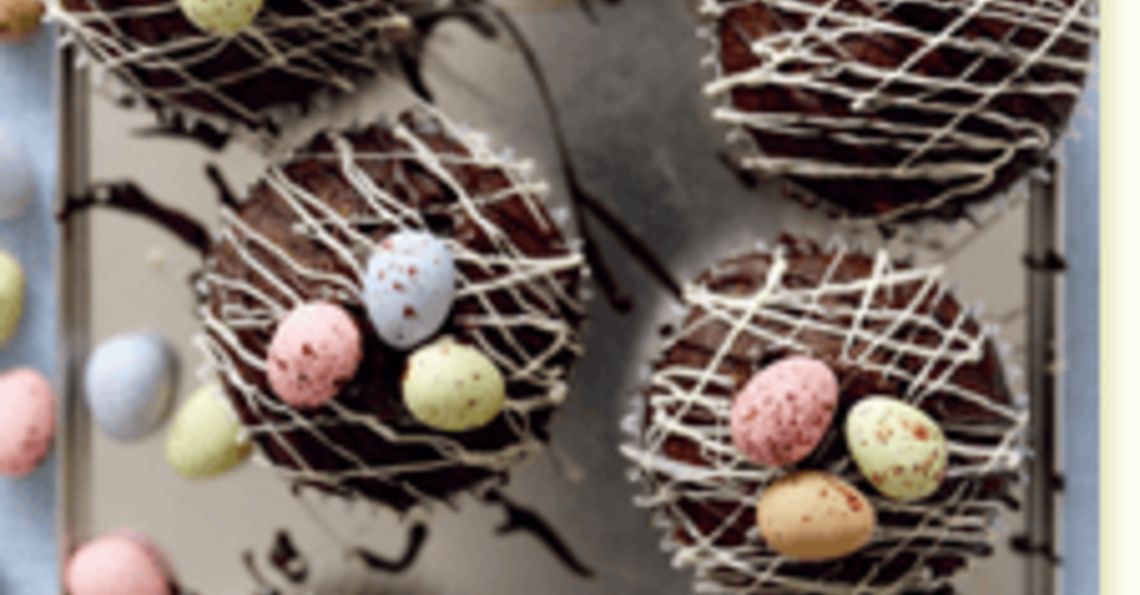8 Eggcellent Easter Facts

Easter is well on its way and shops throughout the country are already fully stocked with tasty chocolate eggs and fluffy bunny toys. We love Easter here at Egg Recipes, and even though we are big fans of the real thing, we definitely still love to munch on tasty chocolate eggs as much as anyone else!
Easter is a time for sharing and enjoying good food within the company of others and is widely celebrated and enjoyed by Christians and just about anyone who loves an excuse to eat something tasty. In celebration of the upcoming holiday, we thought we would take a quick look at what Easter actually is, and why eggs are so central to the season.
Why do we celebrate Easter?
The Easter holiday is a Christian tradition that celebrates the Resurrection of Jesus Christ from the dead, and is preceded by a period of 40 days that today we more commonly refer to as Lent. During this time Christians took up fasting, and refrained from eating any animal products right up until Easter Sunday where they then feasted on all that had been kept.
So why are eggs such a symbol?
Eggs aren’t just for omelettes! Traditionally an egg is seen as a symbol of life and is closely affiliated with fertility and resurrection, one of the reasons why it’s associated with Jesus Christ. Did you know that as recently as the 1800’s, Easter eggs were used as alternative birth certificates in some parts of Germany? They were dyed a solid colour and inscribed with the new born baby’s name and birth date which law courts accepted as evidence of the baby’s age and identity.
Decoration through the ages
The tradition of decorating eggs in vibrant paint and colours is thousands of years old. Sumerians and Egyptians placed ostrich eggs painted in gold and silver within their ancestors’ graves as far back as 5,000 years ago. In line with the more recent Christian tradition, today we decorate eggs in red in memory of the death of Jesus Christ. The tail of the hare - For children the Easter bunny is one of the holiday’s most treasured symbols, but few people ask why the furry creatures have such a prominent place in proceedings. The name Easter actually originates from the Anglo-Saxon goddess Eastre who symbolizes the hare and the egg.
Easter games
Easter and games have a strong connection, with people throughout history using eggs as the basis for fun and entertaining games. In the medieval age Easter egg throwing was extremely popular amongst Churches, where priests would throw a hard-boiled egg to one of the choirboys, who would then toss the egg between each other until the clock struck 12 and the last boy in possession was rewarded with keeping it. There you have it, Easter in an eggshell! When Easter comes along and everyone is unwrapping their eggs, why not share one of these facts with them? If you’re looking for some tasty Easter recipes (that use real eggs!) check back really soon.